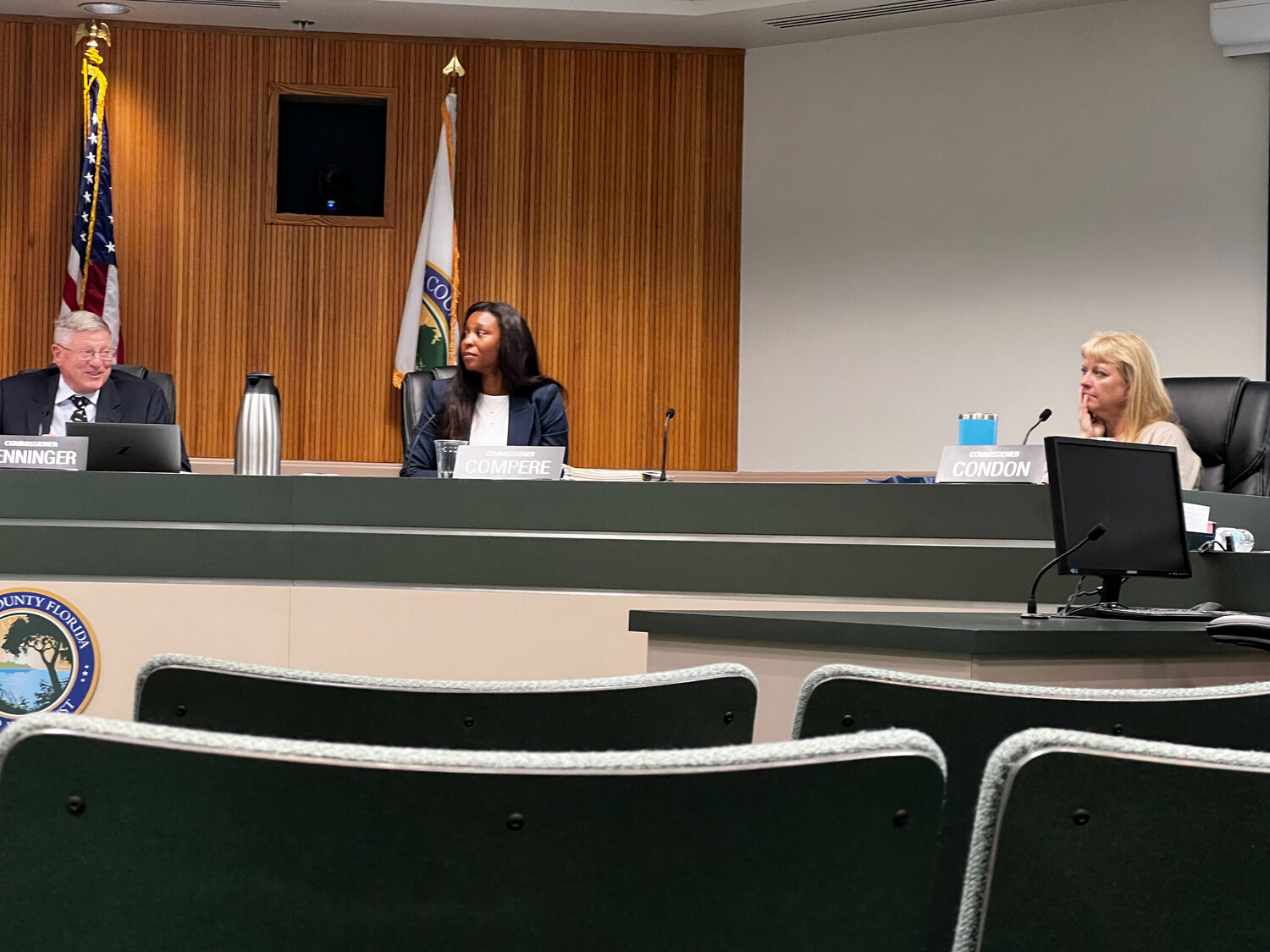BCC approves grant application for state opioid funds
kyla@claytodayonline.com
GREEN COVE SPRINGS — The Board of County Commissioners approved the submission of a grant application for state opioid funds with a 5-0 vote on Tuesday. The $165,000 grant by Lutheran Services …
This item is available in full to subscribers.
Attention subscribers
To continue reading, you will need to either log in to your subscriber account, below, or purchase a new subscription.
Please log in to continueDon't have an ID?Print subscribersIf you're a print subscriber, but do not yet have an online account, click here to create one. Non-subscribersClick here to see your options for subscribing. Single day passYou also have the option of purchasing 24 hours of access, for $1.00. Click here to purchase a single day pass. |
BCC approves grant application for state opioid funds
GREEN COVE SPRINGS — The Board of County Commissioners approved the submission of a grant application for state opioid funds with a 5-0 vote on Tuesday.
The $165,000 grant by Lutheran Services Florida aims to partially fund the staffing for 24-hour response trucks within the Coordinated Opioid Response’s (CORE) Community Paramedicine program.
The 24-hour response trucks are geared toward fast and efficient combative methods to respond to all overdoses in the county.
“We reach these patients early. We do have our finger on the pulse is a 911 system to respond to any overdoses,” said Clay County Fire Rescue Bureau Chief of the Community Paramedicine Program, Jairo Herrera.
From there, Herrera said they are able to quickly transport patients, identify the problem, and enroll them in a medication-assisted therapy program.
The Board of County Commissioners is entering its second year participating in the CORE program. The program aims to implement a network of addiction care in up to 12 counties in Florida, including Clay.
Herrera said the county’s participation in the program is essential to making the community aware of the opioid crisis and preventing the fatalities that come with it.
“Our program does pass out Narcan. We do opioid education, we do make the community aware of what’s going on,” Herrera said. “And, so, I think those efforts drastically have helped with the opioid crisis.”
Herrera added that the main goal is to give people the opportunity to get the help that they need, and the 24-hour response trucks are a step in the right direction.
“One thing the police officers say is, we can’t arrest our way out of this. And, the other thing too is we can’t Narcan ourselves out of this either,” Herrera said. “But, we have to deal with the problem, and that is giving people the opportunity to receive Narcan, receive the training, reverse, (and) allow them to get into (a) recovery program.”







